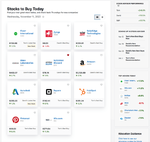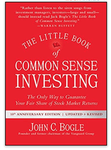Guy In Lyon
Active member
Okay...Nice try. You might get a short term fixed rate, but you won't get a low, low rate past 7 years.
My low interest car loan in a three year loan.
But what part of "I have a friend that has recently secured a twenty year, fixed rate home loan at 1.35 percent." didn't you understand?
That's ten percent down, 1.35 percent, twenty years.















